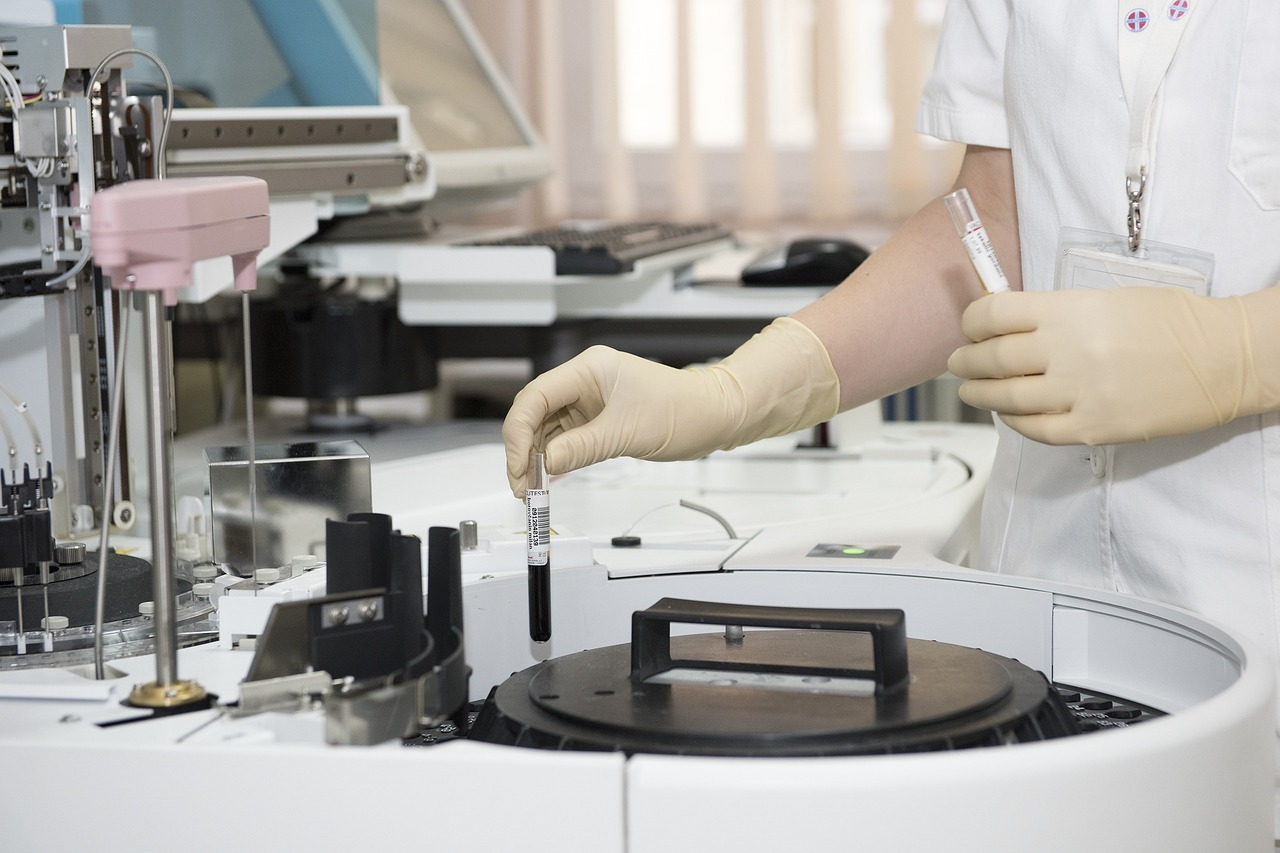In today’s rapidly evolving manufacturing landscape, the demand for specialised plastic moulding processes is higher than ever. Whether in the automotive industry, medical device production, or the push toward sustainable manufacturing, plastic moulding plays a crucial role in meeting these needs. This blog explores the importance of automotive plastic moulding, the precision required for medical device injection moulding, and the growing emphasis on sustainable plastic moulding practices.
The Role of Automotive Plastic Moulding
Automotive plastic moulding is a cornerstone of modern vehicle manufacturing. From interior components like dashboards and consoles to exterior parts like bumpers and grilles, plastic moulding provides the versatility, durability, and cost-efficiency required in the automotive industry.
Key Applications of Automotive Plastic Moulding
- Interior Components: Automotive plastic moulding is essential for producing high-quality interior components that are both durable and aesthetically pleasing. These parts must meet strict safety standards while also contributing to the overall design and comfort of the vehicle.
- Exterior Parts: The exterior of a vehicle is exposed to harsh environmental conditions, requiring materials that are strong, lightweight, and resistant to impact. Plastic moulding allows manufacturers to produce these components efficiently, ensuring they meet the necessary durability standards.
- Engine and Under-the-Hood Components: Plastic moulding is also used to create components within the engine compartment. These parts must withstand high temperatures and chemical exposure, making the selection of the right plastic material critical.
Automotive plastic moulding not only enhances the performance and safety of vehicles but also contributes to lighter, more fuel-efficient designs. As the industry moves toward electric and autonomous vehicles, the need for advanced plastic moulding solutions will continue to grow.
Precision in Medical Device Injection Moulding
The medical industry relies heavily on injection moulding to produce devices that are not only precise but also meet strict regulatory standards. Medical device injection moulding requires an exceptional level of accuracy, as even the smallest imperfection can compromise the safety and efficacy of a medical product.
Critical Aspects of Medical Device Injection Moulding
- Precision and Consistency: Medical devices must meet stringent tolerances to ensure they function correctly in critical applications. Injection moulding allows for the production of complex parts with high precision, ensuring consistency across large production runs.
- Material Selection: The choice of material is crucial in medical device injection moulding. Materials must be biocompatible, sterilisable, and capable of withstanding various chemical and environmental exposures. Common materials include medical-grade thermoplastics like polypropylene and polycarbonate.
- Regulatory Compliance: Medical device manufacturing is subject to strict regulations, including ISO 13485 and FDA standards. The injection moulding process must adhere to these standards to ensure that all products are safe for use in medical settings.
Medical device injection moulding is integral to the production of everything from surgical instruments and diagnostic tools to implantable devices. The ability to produce high-quality, reliable components is essential for the safety and effectiveness of medical devices, making this process a critical part of the healthcare industry.
Embracing Sustainable Plastic Moulding
As environmental concerns continue to rise, the push for sustainable plastic moulding practices has become more pronounced. Manufacturers in various industries seek to reduce their environmental footprint while maintaining high-quality production standards.
Sustainable Plastic Moulding Practices
- Material Innovation: One of the key components of sustainable plastic moulding is the use of eco-friendly materials. This includes biodegradable plastics, recycled materials, and polymers that require less energy to produce. These materials help reduce the overall carbon footprint of the manufacturing process.
- Energy Efficiency: Sustainable plastic moulding also involves optimising energy use during production. This can be achieved through advanced moulding technologies that reduce energy consumption, such as all-electric injection moulding machines, which are more efficient than traditional hydraulic systems.
- Waste Reduction: Minimising waste is another crucial aspect of sustainable plastic moulding. This includes implementing recycling programs within the manufacturing process, reusing excess materials, and designing products that generate less waste.
- Lifecycle Analysis: Conducting a lifecycle analysis helps manufacturers understand the environmental impact of their products from raw material extraction to end-of-life disposal. By analysing these factors, companies can identify areas for improvement and make more sustainable choices.
Sustainable plastic moulding benefits the environment and enhances a company’s reputation and competitiveness in the market. Consumers and industries alike are increasingly favoring products that are produced with sustainability in mind, making this an important consideration for manufacturers.
Integrating Automotive, Medical, and Sustainable Moulding Practices
The convergence of automotive, medical, and sustainable plastic moulding practices represents a forward-thinking approach to manufacturing. Integrating these practices enables manufacturers to produce high-quality, precise components that meet industry needs and address environmental concerns.
The automotive industry uses sustainable materials and energy-efficient moulding to create lighter, more fuel-efficient vehicles. The medical industry adopts sustainable practices by using eco-friendly materials for disposable medical devices and packaging.
Conclusion
Automotive plastic moulding, medical device moulding, and sustainable moulding are essential for advancing manufacturing in various industries. As technology evolves, these practices will increasingly produce high-quality, efficient, and environmentally responsible products.
By adopting advanced moulding techniques, manufacturers stay competitive, meet demands, and support sustainability. These techniques offer precision, reliability, and efficiency for automotive components, medical devices, or sustainable manufacturing processes in today’s market.
For businesses looking to stay informed about industry regulations and best practices, the GOV.UK – Business and Industry website offers a wealth of resources. This platform offers guidance on standards, regulations, and support, helping manufacturers align operations and improve their competitive edge.





